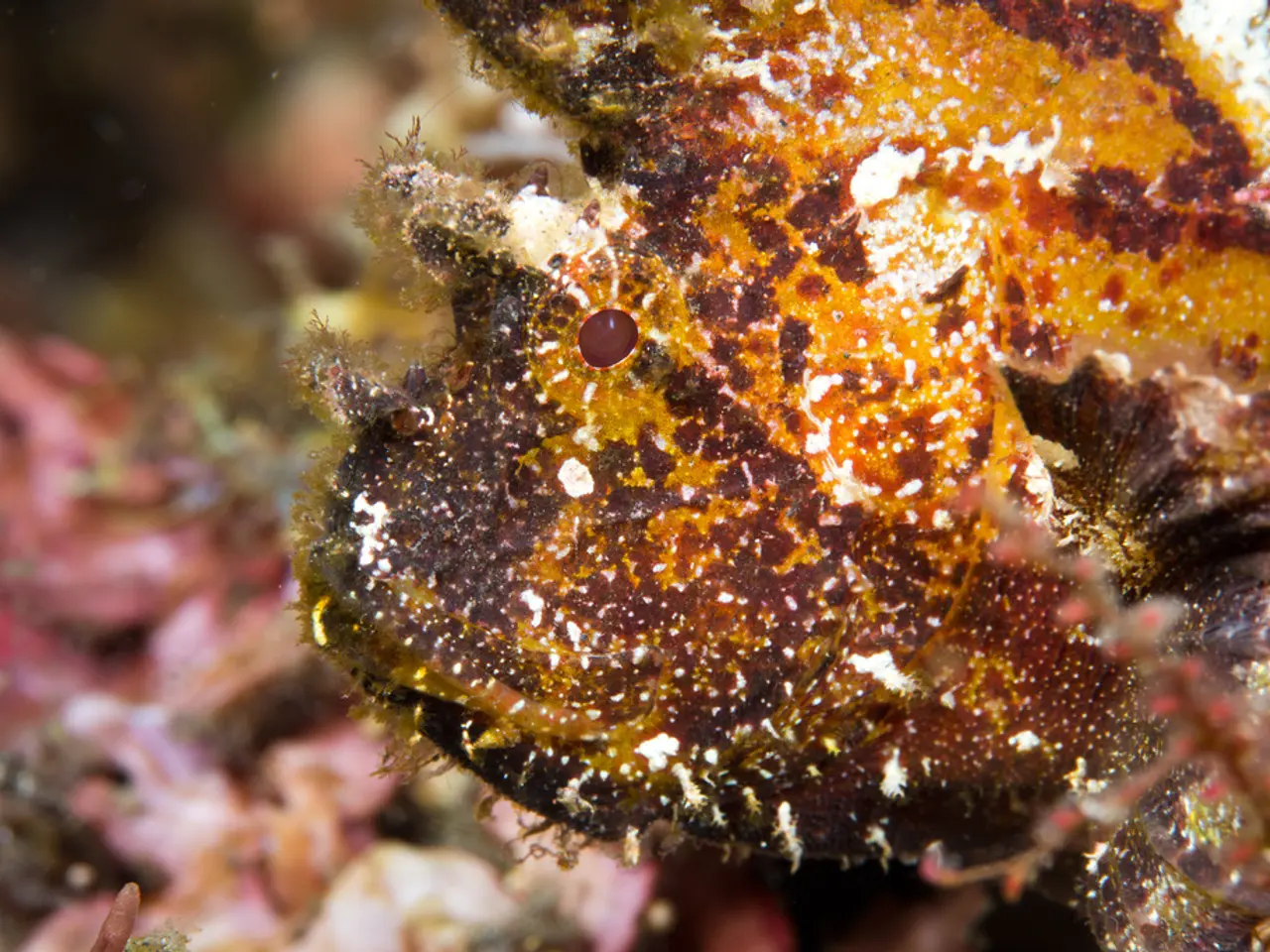Thales' sonar has been chosen to arm the upcoming underwater drone of the French Navy, as announced by Naval Group.
In a significant development for naval combat and underwater warfare, Thales, a leading company in aerospace, security, and defense, has won a contract with Naval Group to experiment with an autonomous passive hull sonar. This sonar system is set to revolutionize underwater detection, providing naval forces with enhanced submarine and anti-submarine capabilities.
The contract is part of the UCUV (Unmanned Combat Underwater Vehicle) project, a collaborative effort between DGA (General Directorate of Armament), Naval Group, and Thales. The project aims to develop an unmanned combat submarine demonstrator and integrate the latest drone and seabed control technologies.
The heart of this innovative sonar system is the omnidirectional passive hull sonar, a founding brick of the entire acoustic detection installed on the drone. This sonar provides autonomous detection, classification, and localization capabilities with high-performance signal and data processing, thanks to artificial intelligence. The use of this sonar is crucial for the safe ascent and emergence of the drone from the system.
The XL-UUV (Extra-Large Unmanned Underwater Vehicle) drone plays a key role in the UCUV project, where innovation and technology are combined with naval strategies and combat. The sonar system adds significant tactical value in underwater warfare by providing critical data for anti-submarine warfare (ASW) operations, enhancing passive detection capabilities, supporting integrated combat systems, and leveraging autonomous and cybersecure advancements.
The use of drones and sonars is becoming increasingly important in modern warfare, providing the technological and tactical superiority needed for new areas of conflict and asymmetric combat. The sonar provided by Thales to Naval Group is an underwater detection device that enables location, detection, and identification of submerged objects, contributing to securing navigation and understanding the surface environment.
The sonar's integration into Naval Group's Oceanic Drone Demonstrator is a strategically significant step toward more effective underwater surveillance and ASW capabilities for navies. This development supports the emerging need for more cybersecure, advanced sensor systems integrated into modern warships, like those being equipped by Naval Group and Thales. The contract win marks another success for Thales in the field of aerospace, security, and defense.
- The integration of artificial intelligence into the omnidirectional passive hull sonar, as part of the UCUV project, signifies the fusion of technology and innovation, enhancing the sonar's capabilities for autonomous detection, classification, and localization of submerged objects.
- The collaboration between Thales, Naval Group, and DGA in the development of the UCUV project not only prioritizes the use of cutting-edge drone and seabed control technologies but also aims to increase navies' underwater surveillance and anti-submarine warfare capabilities through advanced acoustic detection systems like the autonomous passive hull sonar.




